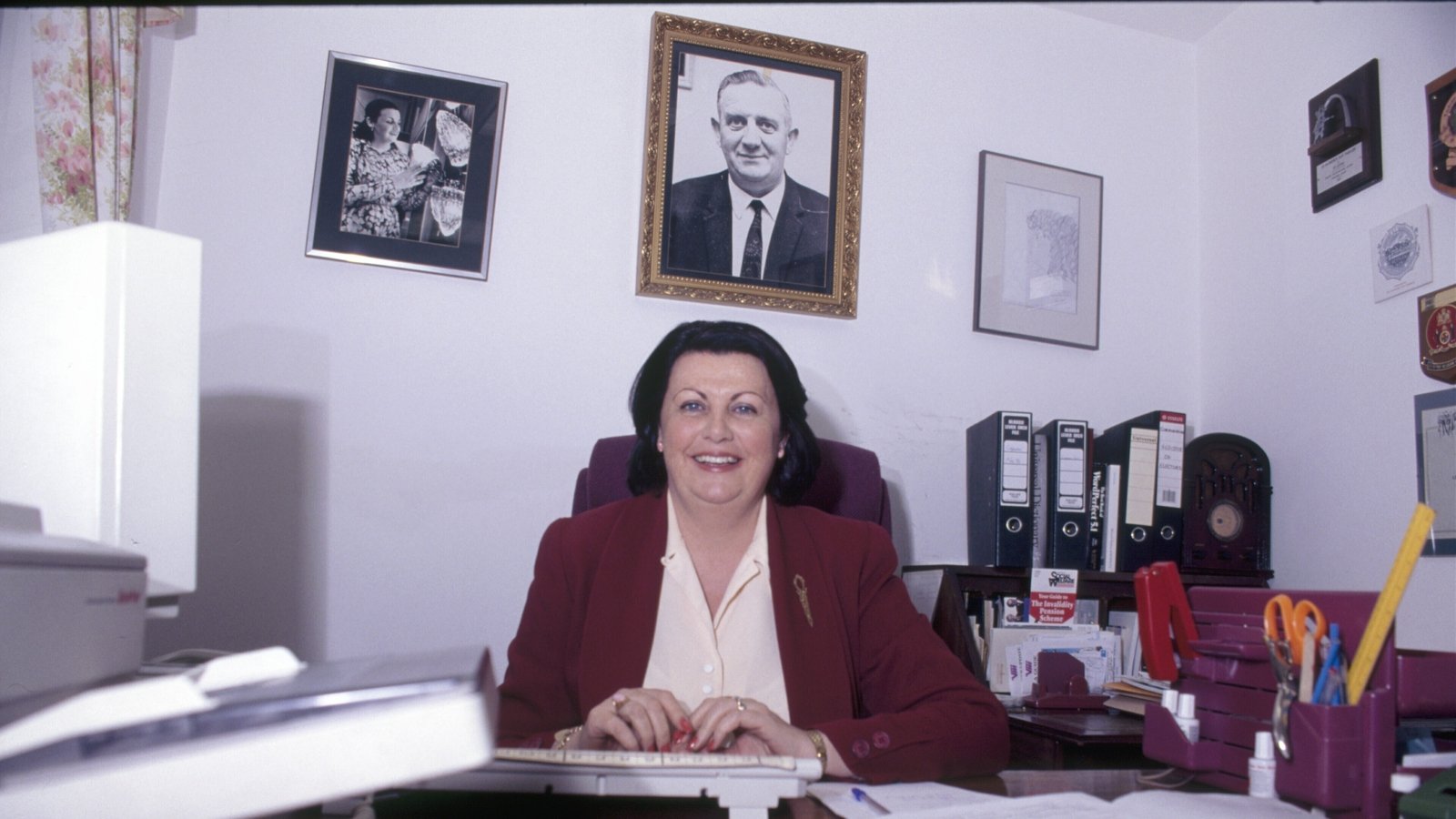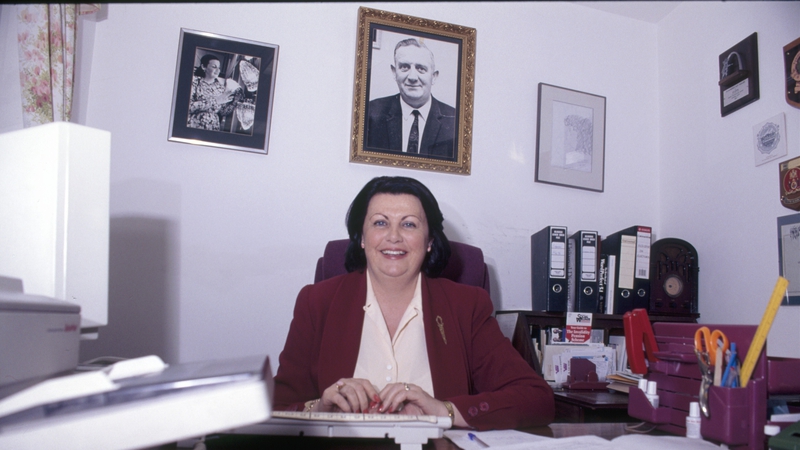‘Any age will be controversial’ in homosexuality vote


In the summer of 1993, minister for justice Maire Geoghegan-Quinn had no option but to change the law on homosexuality.
In the 1988 Norris case, the European Court of Human Rights ruled that existing laws which criminalised sex between adult males in private contravened the European Convention on Human Rights.
The Council of Europe was looking for the law to be changed, and a refusal to do so could potentially lead to Ireland’s expulsion from that body.
In any event, a commitment to change the law had been included in the Programme for Government for the Fianna Fáil-Labour coalition formed in January of that year.
So, the law had to be changed. But how it would be changed, and what the age of consent for homosexual activity would be, were still open questions.
Whatever decisions were made would cause controversy, as the minister informed her government colleagues: “It is likely that any legislation proposed will attract criticism no matter what form it takes.”
The first option for legal change was to follow the example of Northern Ireland, which had run into similar trouble with the European Court, and which simply passed a law legalising homosexual conduct in private between adult males and left the existing 19th Century legislation in place.
The disadvantage with this, as a Department of Justice official observed, was that it would leave in place “pejorative and condemnatory language … which might be viewed as out of date and offensive”. That language included phrases such as ‘abominable crime’, ‘unnatural acts’ and ‘infamous crime’.
Another option was to go for the other extreme, and simply repeal all the relevant legal provisions. This, the official observed, “would be interpreted as marking society’s approval of homosexuality as an acceptable or parallel lifestyle.” It would also inadvertently legalise sex with animals, or bestiality, which was included in the 1861 Offences Against the Person Act.
The third option, which the government followed, was to introduce new legislation which repealed the old law so far as it related to sex between people, but left the ban on intercourse with animals in place.
The other issue was the age of consent. The European Court had not said anything about this, so Ireland was free to do what it wanted.
Minister Geoghegan-Quinn was advised that the three main options would be 21 (which was the age of consent for homosexual acts in England), or 17 (which was the age of consent for heterosexual acts in Ireland), or, as a compromise, 18.
The memorandum pointed out: “All have advantages and disadvantages, and it might be as well to accept from the start that any age will be controversial.”
Campaigners for decriminalisation wanted 17, while 21 was seen as “probably the age most acceptable to those who do not want decriminalisation but recognise that there is no choice”.
In the end the minister, and the Government, opted for equality, setting the age of consent at 17, the same age as applied to heterosexual relations.
[Based on documents in 2023/16/9 and 2023/5/1297]
By David McCullagh and Shane McElhatton





